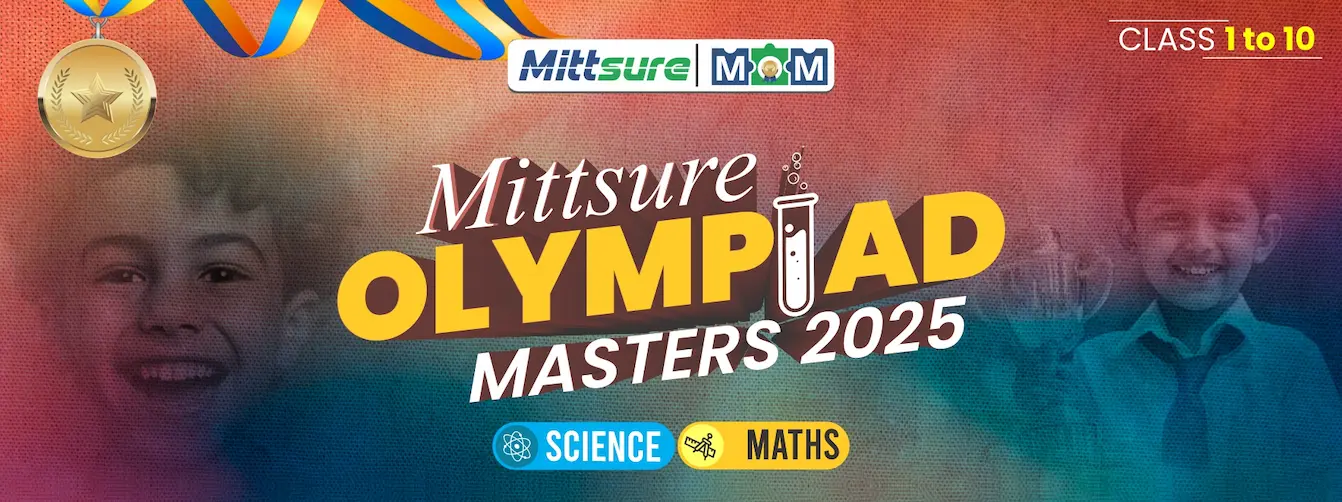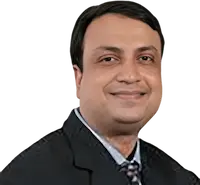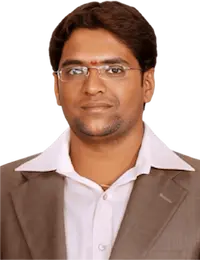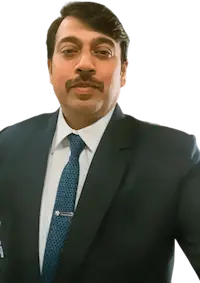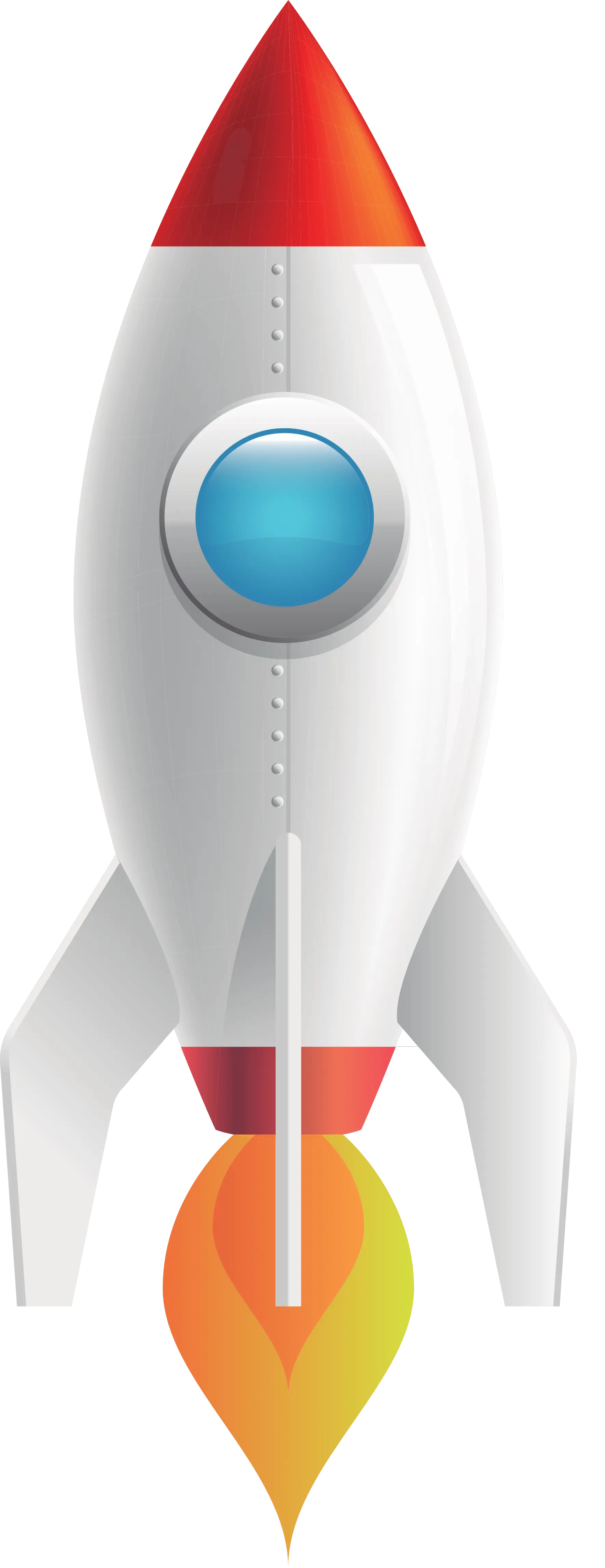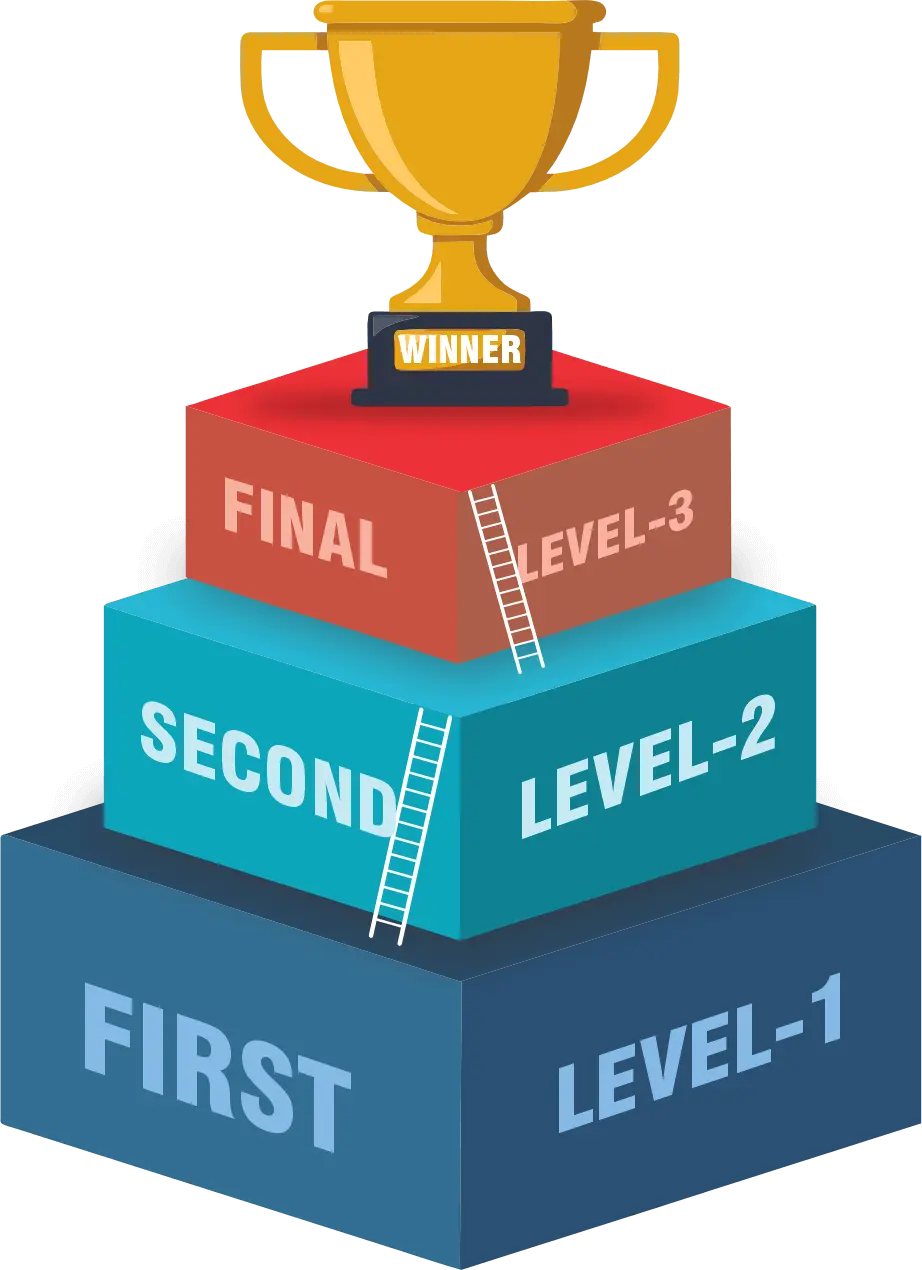The idea of Olympiads didn’t start in classrooms, it started with a love for challenge. The very first International Mathematical Olympiad was held in 1959 in Romania. It brought together students from different countries to compete, not with pressure, but with passion, for solving problems, thinking critically, and pushing boundaries. That one event sparked a global movement. Over the years, more subjects were added, like Physics, Chemistry, Biology, Astronomy, and even Informatics.
These competitions became known as International Science Olympiads, and they attracted some of the brightest young minds from all over the world.
India is believed to join this global Olympiad journey in the early 1990s, with the Homi Bhabha Centre for Science Education (HBCSE) leading the way in training and sending students to these international contests. India officially joined the global Olympiad journey in the late 1980s and early 1990s, starting with Mathematics.
In 1989, India participated in the International Mathematical Olympiad for the first time, sending a national team selected through a structured, multi-level process. This marked the country’s serious commitment to nurturing talent for international academic competitions.
To make this possible, the Homi Bhabha Centre for Science Education (HBCSE) in Mumbai took the lead. Under the guidance of the National Board for Higher Mathematics (NBHM) and Department of Atomic Energy (DAE), HBCSE became the official nodal agency responsible for training, selecting, and mentoring Indian students for various science and math Olympiads.
India’s participation didn’t stop at mathematics. Soon, the country began sending teams to international Olympiads in Physics, Chemistry, Biology, Astronomy, and Informatics, with HBCSE coordinating national-level exams and training camps for each subject.
THESE SUBJECTS FOLLOW A MULTI-STAGE SELECTION PROCESS:
- Students begin by taking National Standard Examinations (NSEs), held across hundreds of centres in India.
- Selected students move on to Indian National Olympiads (INOs).
- Top performers are then invited to Orientation-Cum-Selection Camps (OCSCs) at HBCSE, where they receive advanced training and mentoring.
- Finally, a small team is chosen to represent India on the international stage.
This process ensures that students are supported every step of the way, not just in competing, but in growing.
In 1996, India proudly hosted the International Mathematical Olympiad in Mumbai, further establishing its role in the global Olympiad community. In later years, India also hosted other international Olympiads, like IBO (Biology) and IOAA (Astronomy and Astrophysics).
Every year, lakhs of students from schools across the country appear for national Olympiad exams. But only a few hundred make it to the final stages, making it one of the most competitive and prestigious academic journeys a student can take.
Today, Indian students consistently bring home gold, silver, and bronze medals from international Olympiads, and several former Olympiad participants have gone on to achieve global recognition in academics and research.


